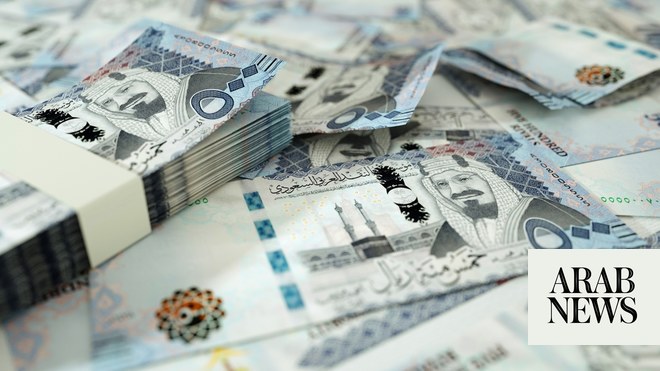Riyadh: The International Monetary Fund has approved the payment of about 820 million dollars to Egypt after completing the third review of the country's extended agreement.
The International Monetary Fund approved an $8 billion support program in March after the Gaza crisis had a negative impact on the African country's economy. This slowed tourism and cut Suez Canal revenue in half due to Yemeni attacks on Red Sea shipping.
The deal was made under the Extended Fund Facility, a program designed to help countries with serious medium-term balance-of-payments problems caused by structural issues that will take time to address. The 46-month EFF Egypt arrangement was approved on December 16, 2022.
According to this international organization, Egypt has made significant progress in its efforts to stabilize the economy. While inflation remains high, it is gradually easing. The IMF said in a press release that a flexible exchange rate regime remains central to the program.
Since the first and second surveys in March, Egypt has seen an improvement in macroeconomic conditions. Inflation is decreasing, currency shortages have been resolved, and fiscal targets have been met, including those related to infrastructure spending.
“These developments are beginning to have a positive impact on investor confidence and private sector sentiment,” the IMF added.
Maintaining a flexible exchange rate and currency liberalization system is necessary to prevent external imbalances, while a data-driven central bank approach is necessary to further reduce inflation.
The fund said continued fiscal consolidation would help manage public debt, while efforts to boost domestic revenue and curb fiscal risks from the energy sector would secure resources. These measures are essential for the necessary spending on health and education, creating financial space for increased social spending to support vulnerable groups.
“While progress has been made on some critical structural reforms, more efforts are needed to implement the state ownership policy,” the press release added.
Increasing the flexibility of the financial sector, improving governance practices, and increasing competition in the banking sector should be key priorities, as these are essential to move Egypt toward private sector-led growth that creates jobs and opportunities for all.
Ahmed Kojak, Egypt's finance minister, said that the approval of the third revision of the economic reform program by the International Monetary Fund is a vote of confidence in the government's program, which includes financial and economic reforms and goals.
He added that this message is also a reassuring message that reflects the ability of the Egyptian economy to increase stability.
Antoinette M. Sayeh, the deputy managing director and head of the International Monetary Fund, said that the reforms bring positive results by equalizing the exchange rate and tightening the monetary policy, reducing speculation and moderating price growth.
Sayeh said: Policy adjustments are expected to help maintain macroeconomic stability. A continuous shift to a flexible exchange rate regime and a liberalized currency system, continued implementation of a tight monetary policy, and further fiscal consolidation along with the proper implementation of the public investment monitoring and control framework should support domestic and external balance.
He added that allocating part of the financial resources resulting from the Ras al-Hikama transaction to the accumulation of reserves and debt reduction will create a greater cushion against shocks.
In February, a private consortium led by ADQ, an Abu Dhabi-based sovereign wealth fund, signed an agreement with Egypt to invest $35 billion in Ras al-Hikamah, a Mediterranean coastal region 350 kilometers northwest of Cairo. This is the largest foreign direct investment in Egypt's history.
Looking ahead, the IMF official said the implementation of the structural reform agenda is crucial for inclusive and sustainable growth. Increasing tax revenue, improving debt management, and using devolved resources to reduce debt allow for more productive spending, including targeted social spending.
Returning energy prices to cost recovery levels by December 2025 is essential for reliable energy supply and sector balance. Strengthening the governance of state-owned banks, advancing the state ownership policy, increasing financial transparency, and smoothing the economic playing field are critical to attract private investment.
“Risks remain significant. Regional conflicts and uncertainty about the duration of trade disruptions in the Red Sea are important sources of external risk,” said Sayeh.
He added: “Maintaining appropriate macroeconomic policies, including a flexible exchange rate regime, will help ensure economic stability. Significantly, the progress of the structural reform program will significantly improve the growth prospects. Prudent management of the resumption of capital flows will also be important to contain potential inflationary pressures and limit the risk of future external pressures.
